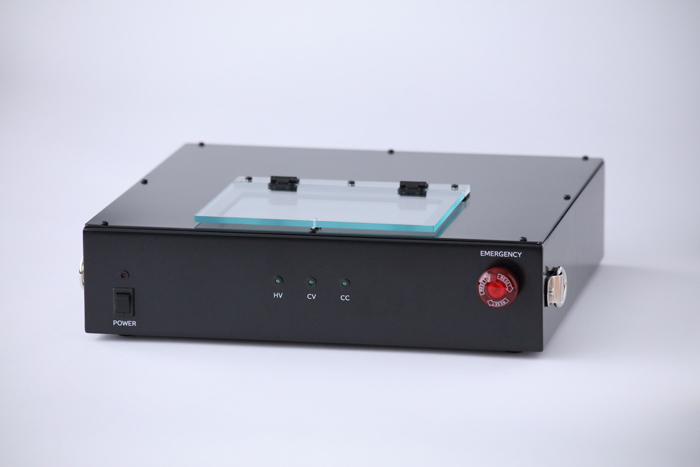NEWS RELEASES
Company Information
Mazda Tests Feasibility of Commercializing
Corrosion Resistance Evaluation Service for Coated Components
— Leveraging Proprietary Automotive Manufacturing Technologies
to Tackle Social Challenges Through New Business —
Hiroshima, Japan - Mazda Motor Corporation (Mazda) has been conducting comprehensive tests to assess the business feasibility of its ‘Coating Corrosion Resistance Evaluation Service.’ Through the service, Mazda aims to contribute to address social issues by reducing environmental impact in paint technology and materials development, and also enabling the efficient maintenance and lifespan extension of social infrastructure. With an eye toward expanding the service to industries beyond automotive, Mazda is scheduled to exhibit at 8th Paint & Coating Expo -COATING JAPAN-to be held at Makuhari Messe from Wednesday, November 12 to Friday, November 14, 2025.

(Size:350×260×100mm)
■Feature of Coating Corrosion Resistance Evaluation Technology
Conventionally, the corrosion resistance of painted components has been evaluated by generating rust over several months using specialized testing equipment, followed by visual inspection to assess deterioration. In 2017, Mazda became the first company in the industry to put into practical use an evaluation technology that enables the rapid, on-site evaluation of corrosion resistance of painted components. This method led to the development of ‘a portable measuring instrument’ capable of providing ‘quantitative’ assessments of paint film corrosion resistance in just ‘a few minutes to several tens of minutes.’ The new method addresses key challenges of conventional evaluation methods, including lengthy evaluation periods, variability in visual standards, and the difficulty of conducting measurements under real-world conditions.
■Contribution to Tackle Social Challenges
By providing the service across different industries, Mazda will be able to contribute to reducing the environmental impact of coating technology and material development, as well as efficient maintenance and extending lifespan of social infrastructure. For example, in the development of paints and coated components, it has been confirmed that reducing the number of prototype and retest cycles leads to lower raw material and energy consumption. Additionally, in the social infrastructure sector—such as bridges and transmission towers—maintenance is often conducted at fixed intervals, regardless of the actual condition or degradation of the coating. This technology is expected to enable condition-based maintenance by allowing the coating’s status to be assessed and preservation activities to be conducted at the appropriate timing.
■Plan Toward Commercialization
Mazda is currently evaluating the commercial feasibility of a commissioned service model, in which samples provided by partner companies are analyzed using Mazda’s proprietary diagnostic technology, and the results are delivered as formal reports. Looking ahead, the Company aims to commercialize this commissioned evaluation service in 2026, and transition to a cloud-based SaaS* model in the future.
Mazda will leverage the proprietary technologies it has cultivated through automotive development and manufacturing, and apply them beyond the automotive industry to help businesses and local governments overcome social challenges.
< Related Information >
■Contact for inquiries regarding this business feasibility study
- * A service that automatically transfers data measured by instruments to the cloud, analyzes it using cloud-based software, and delivers the results to devices such as PCs.